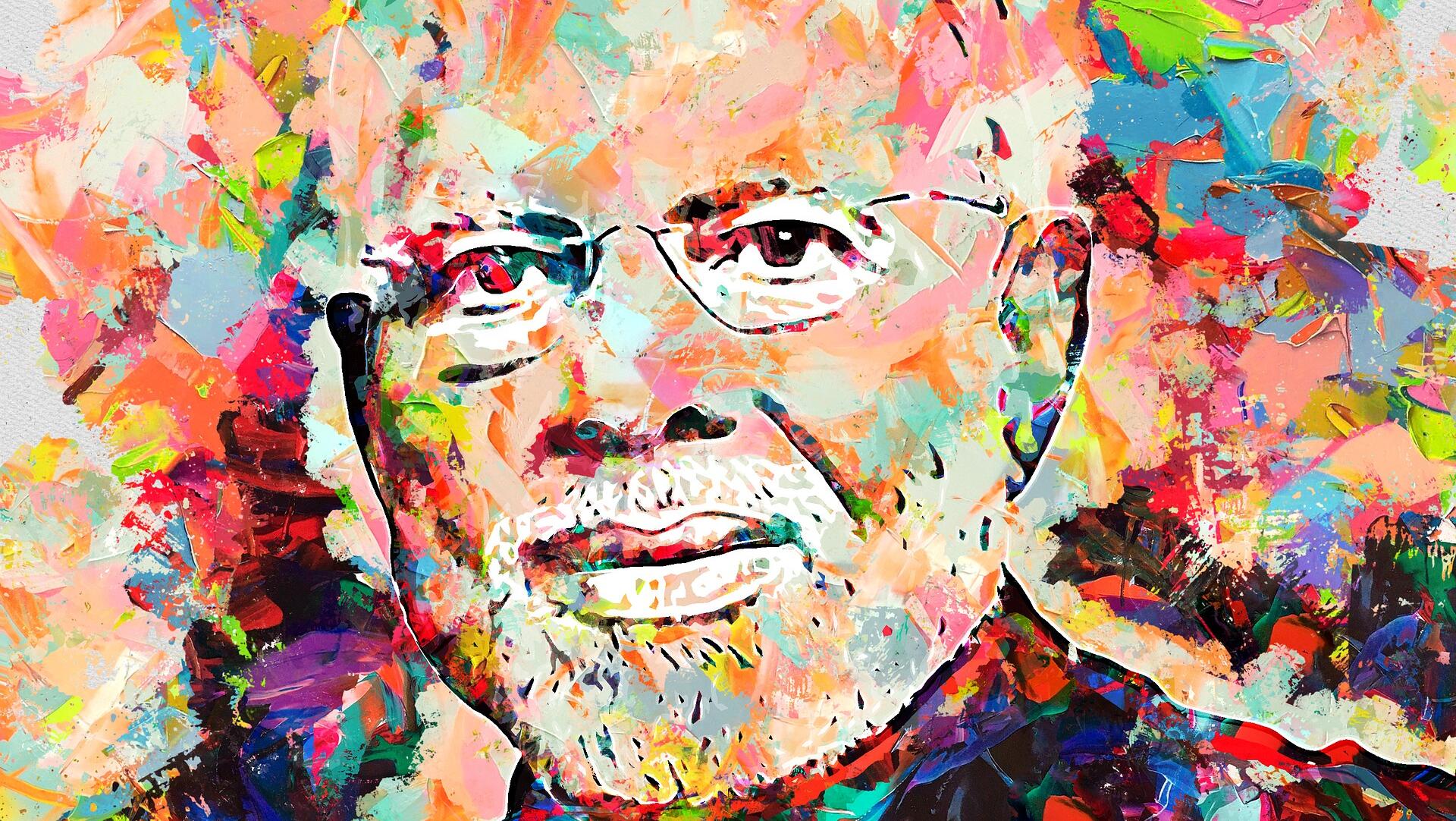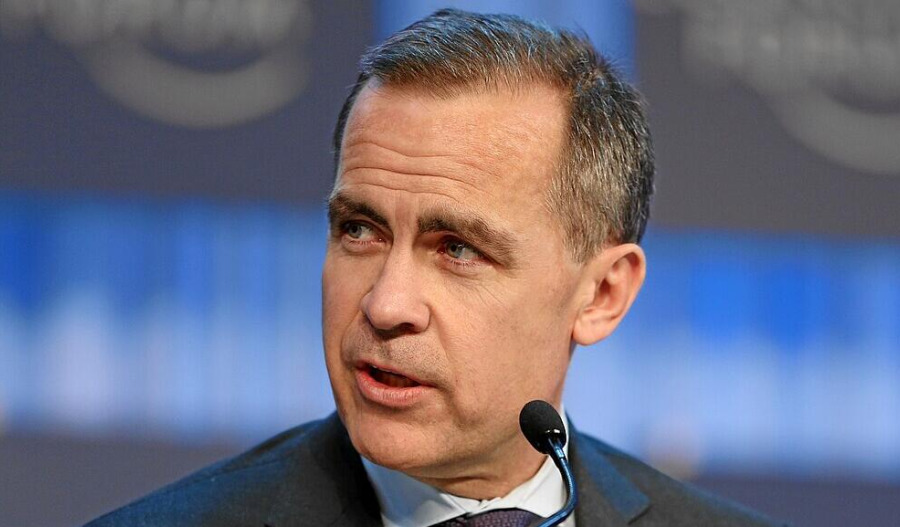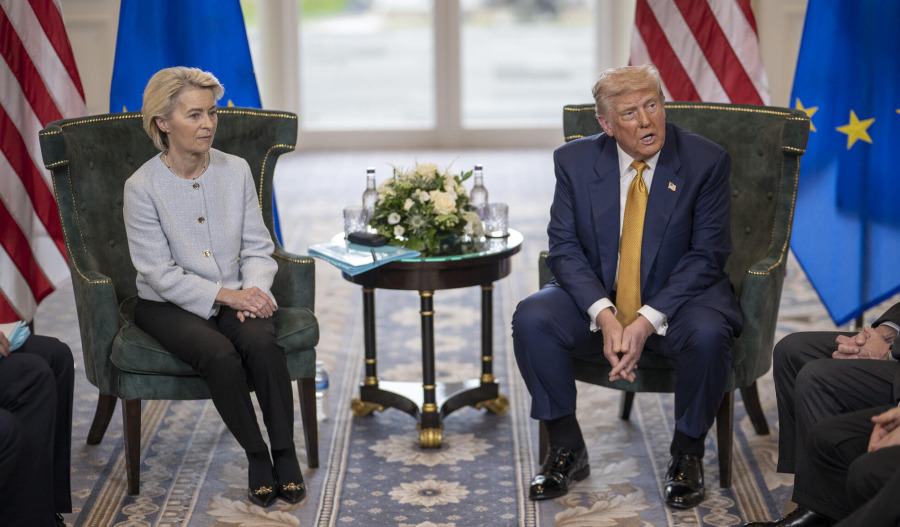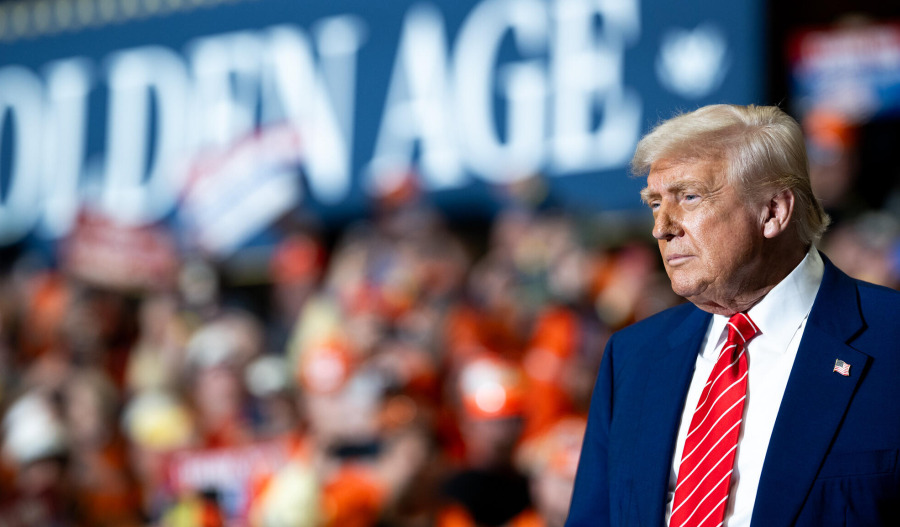While off-again on-again trade negotiations between the United States and India are expected to continue as planned today, the Trump Administration has slapped an additional 25% duty on India over its Russian oil purchases, having argued that it is propping up Russia’s invasion of Ukraine.
A 25% tariff has already come into effect, while a 25% “reciprocal” tariff Trump announced on India last week is set to take effect on Thursday.
“They’re buying Russian oil; they’re fuelling the war machine. And if they’re going to do that, then I’m not going to be happy,” Trump told media.
However, India is not taking Trump’s threat of heightened tariffs lying down and asserts that its purchases of Russian oil were a “necessity” to keep costs stable.
“Like any major economy, India will take all necessary measures to safeguard its national interests and economic security,” said India’s Ministry of External Affairs.
Meanwhile, the Indian Foreign Minister S Jaishankar described the U.S. President’s policy announcements as "unusual".
"We have not had a U.S. president who conducts his foreign policy so publicly as the current one and (it) is a departure from the traditional way of conducting business with the world," Jaishankar said.
"If you have a problem buying oil or refined products from India, don't buy it. Nobody forces you to buy it. Europe buys, America buys, so you don't like it, don't buy it.”
The Foreign Minister has also reiterated his message to the U.S. that New Delhi would continue to make decisions independently.
Jaishankar also called out Washington’s concern over India’s Russian oil purchases as inconsistent, given that they have not been applied to other major buyers such as China and the European Union.
“If the argument is oil, then there are (other) big buyers. If the argument is who is trading more (with Russia), then there are bigger traders,” he said. Russia-European trade is bigger than India-Russia trade, he added.
Interestingly, India’s purchases of Russian oil were not raised in earlier trade talks with the U.S. before the public announcement of tariffs.
However, India’s purchase of Russian oil isn’t the only trade concern between the two countries.
While bilateral trade between the world's largest and fifth-largest economies is already worth over US$190 billion, India-U.S. trade talks collapsed earlier this year after India refused to open up its vast agricultural and dairy sectors.
Based on Capital Economics’ numbers, the full U.S. tariffs could shave 0.8 percentage points off India's economic growth both this year and next.
"The longer-term harm could be even greater as a high tariff could puncture India’s appeal as a global manufacturing hub."
Meanwhile, negotiations appear to have hit a rough patch over key disagreements that the Indian government has clearly refused to compromise on.
“We have some redlines in the negotiations, to be maintained and defended,” Jaishankar said, singling out the interests of the country’s farmers and small producers.
While the U.S. has been pressing India to open its markets to American dairy, poultry, and agricultural products like corn, soybeans, wheat, ethanol, fruits, and nuts, India has held back on providing access to its markets for corn, soybeans, wheat, and dairy products.
It’s understood that a major reason behind India's pushback is that the U.S. mostly grows genetically modified corn and soybeans, while India does not allow the import of GM food crops and considers them harmful to human health and the environment.
In an unambiguous message to the U.S administration, Prime Minister Narendra Modi has declared publicly that the country will not compromise on the interests of farmers.
"Modi is standing like a wall against any harmful policy related to farmers, fishermen, and cattle rearers of India," he had said in his Independence Day speech.

Join our community of decision-makers. No card required
Join now

